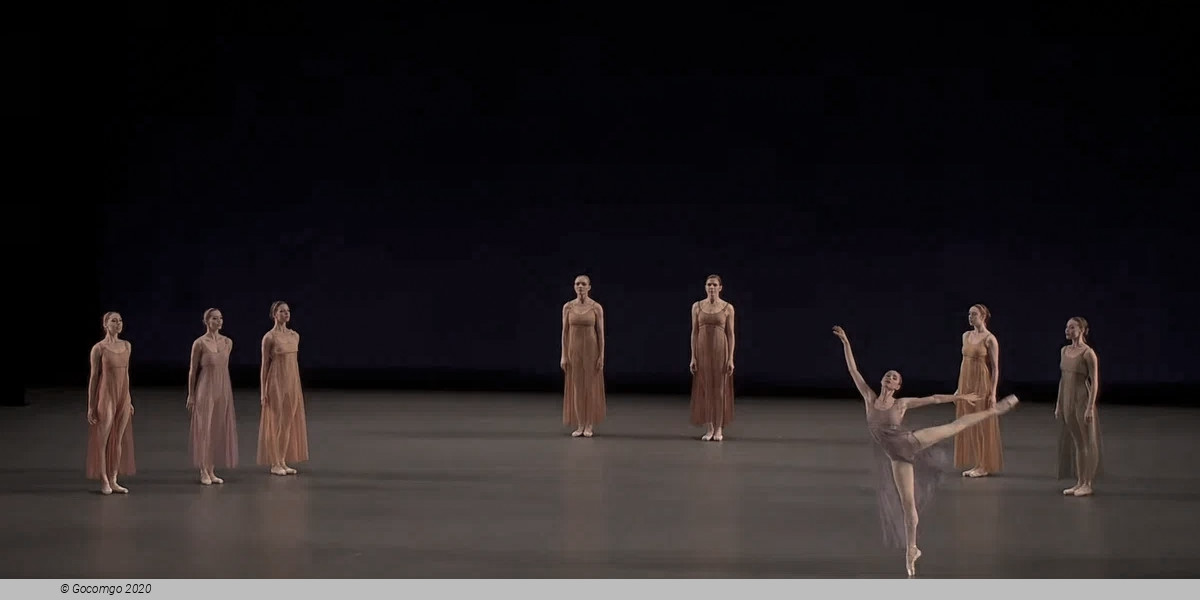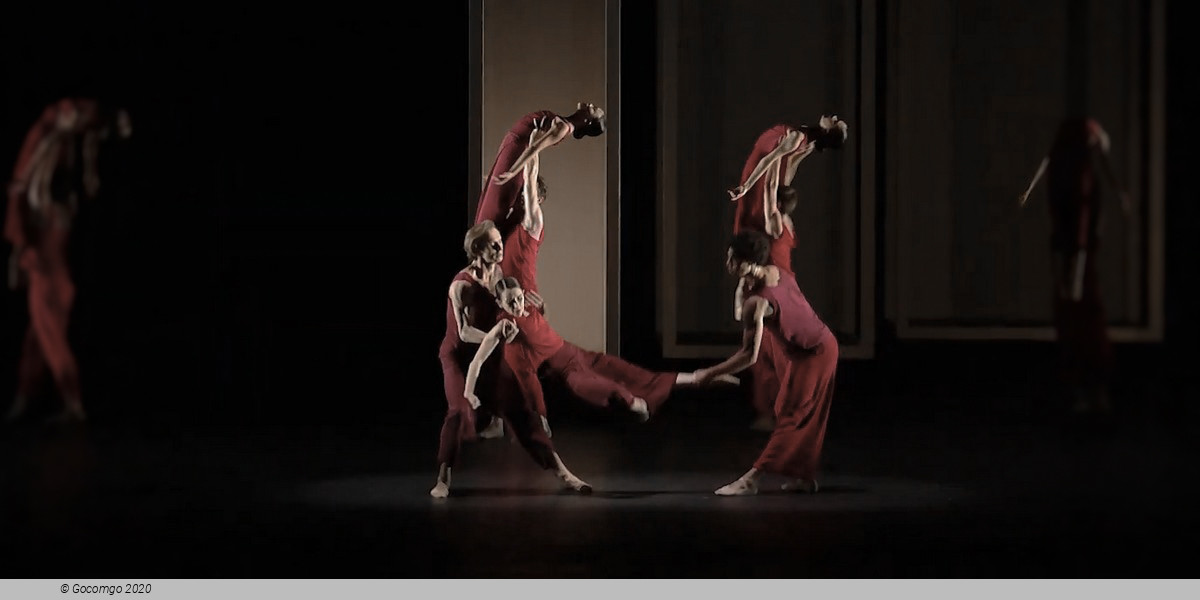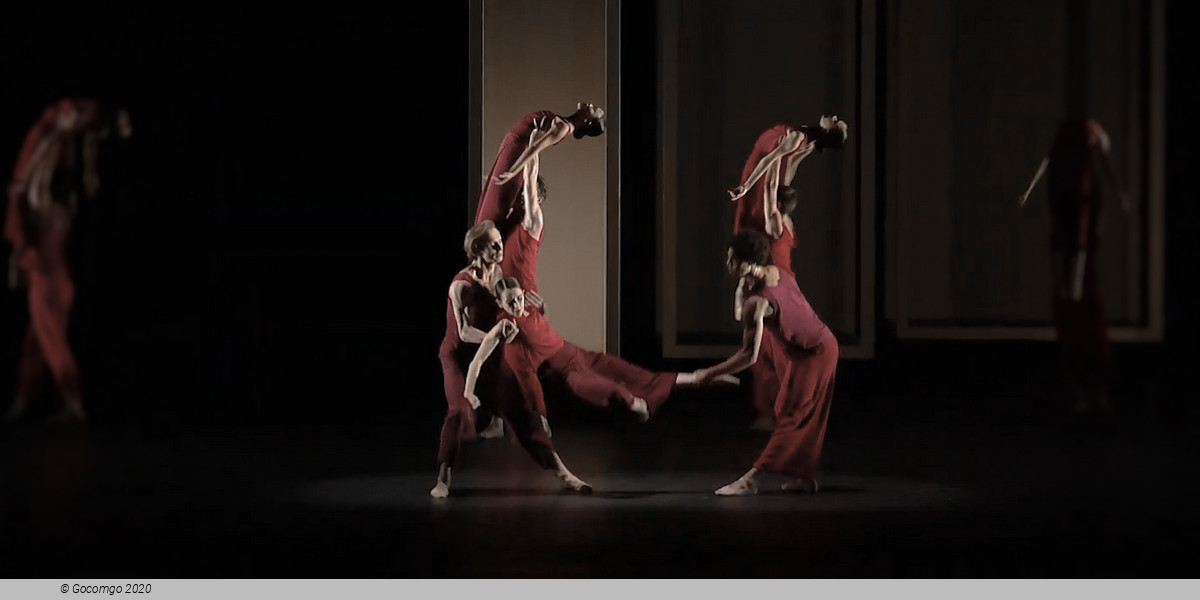Events52 results
About
Leonard Bernstein was an American composer, conductor, author, music lecturer, and pianist. He was among the first conductors born and educated in the US to receive worldwide acclaim. According to music critic Donal Henahan, he was "one of the most prodigiously talented and successful musicians in American history."
His fame derived from his long tenure as the music director of the New York Philharmonic, from his conducting of concerts with most of the world's leading orchestras, and from his music for West Side Story, Peter Pan, Candide, Wonderful Town, On the Town, On the Waterfront, his Mass, and a range of other compositions, including three symphonies and many shorter chamber and solo works.
Bernstein was the first conductor to give a series of television lectures on classical music, starting in 1954 and continuing until his death. He was a skilled pianist, often conducting piano concertos from the keyboard. He was also a critical figure in the modern revival of the music of Gustav Mahler, the composer he was most passionately interested in.
As a composer he wrote in many styles encompassing symphonic and orchestral music, ballet, film and theatre music, choral works, opera, chamber music and pieces for the piano. Many of his works are regularly performed around the world, although none has matched the tremendous popular and critical success of West Side Story.
Bernstein was an eclectic composer whose music fused elements of jazz, Jewish music, theatre music and the work of earlier composers like Aaron Copland, Igor Stravinsky, Darius Milhaud, George Gershwin, and Marc Blitzstein. Some of his works, especially his score for West Side Story, helped bridge the gap between classical and popular music. His music was rooted in tonality but in some works like his Kaddish Symphony and the opera A Quiet Place he mixed in 12-tone elements. Bernstein himself said his main motivation for composing was "to communicate" and that all his pieces, including his symphonies and concert works, "could in some sense be thought of as 'theatre' pieces."
According to the League of American Orchestras, he was the second most frequently performed American composer by U.S. orchestras in 2008–09 behind Copland, and he was the 16th most frequently performed composer overall by U.S. orchestras. (Some performances were probably due to the 2008 90th anniversary of his birth.) His most popular pieces were the Overture to Candide, the Symphonic Dances from West Side Story, the Serenade after Plato's "Symposium" and the Three Dance Episodes from On the Town. His shows West Side Story, On the Town, Wonderful Town and Candide are regularly performed, and his symphonies and concert works are programmed from time to time by orchestras around the world. Since his death many of his works have been commercially recorded by artists other than himself. The Serenade, which has been recorded more than 10 times, is probably his most recorded work not taken from an actual theatre piece.
Despite the fact that he was a popular success as a composer, Bernstein himself is reported to have been disillusioned that some of his more serious works were not rated more highly by critics, and that he himself had not been able to devote more time to composing because of his conducting and other activities. Professional criticism of Bernstein's music often involves discussing the degree to which he created something new as art versus simply skillfully borrowing and fusing together elements from others. In the late 1960s, Bernstein himself reflected that his eclecticism was in part due to his lack of lengthy periods devoted to composition, and that he was still seeking to enrich his own personal musical language in the manner of the great composers of the past, all of whom had borrowed elements from others. Perhaps the harshest criticism he received from some critics in his lifetime though was directed at works like his Kaddish Symphony, his MASS and the opera A Quiet Place, where they found the underlying message of the piece or the text as either mildly embarrassing, clichéd or offensive. Despite this, all these pieces have been performed, discussed and reconsidered since his death.
Bernstein's works were performed several times for Pope John Paul II, including at World Youth Day in Denver on August 14, 1993 (excerpts from MASS), and at the Papal Concert to Commemorate the Shoah on April 7, 1994, with the Royal Philharmonic Orchestra (Chichester Psalms and Symphony No. 3, Kaddish) in the Sala Nervi at the Vatican. Both performances were conducted by Gilbert Levine.
Although he taught conducting, Bernstein was not a teacher of composition as such, and he has no direct composing heirs. Perhaps the closest are composers like John Adams, who from the 1970s onwards indirectly adopted elements of his eclectic, theatrical style.






